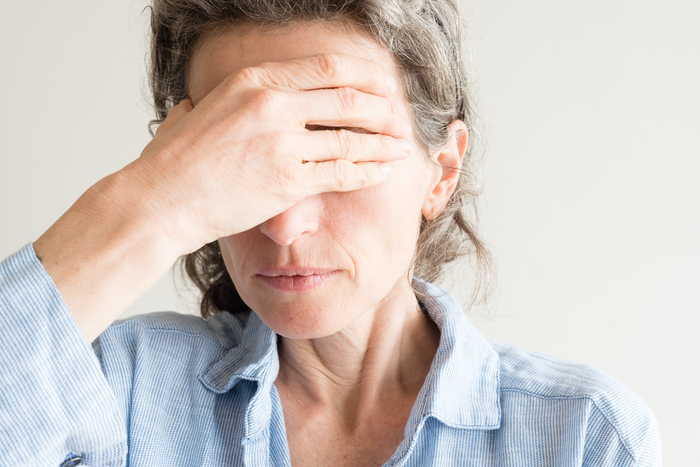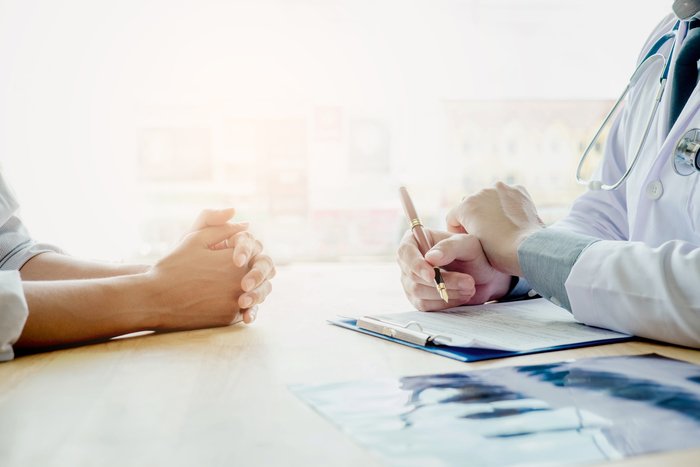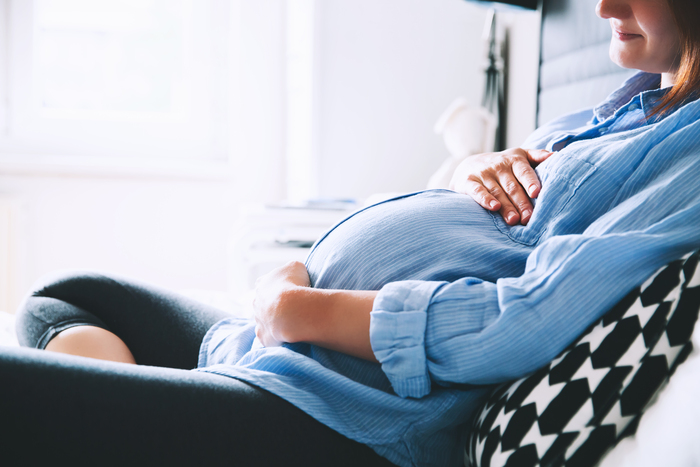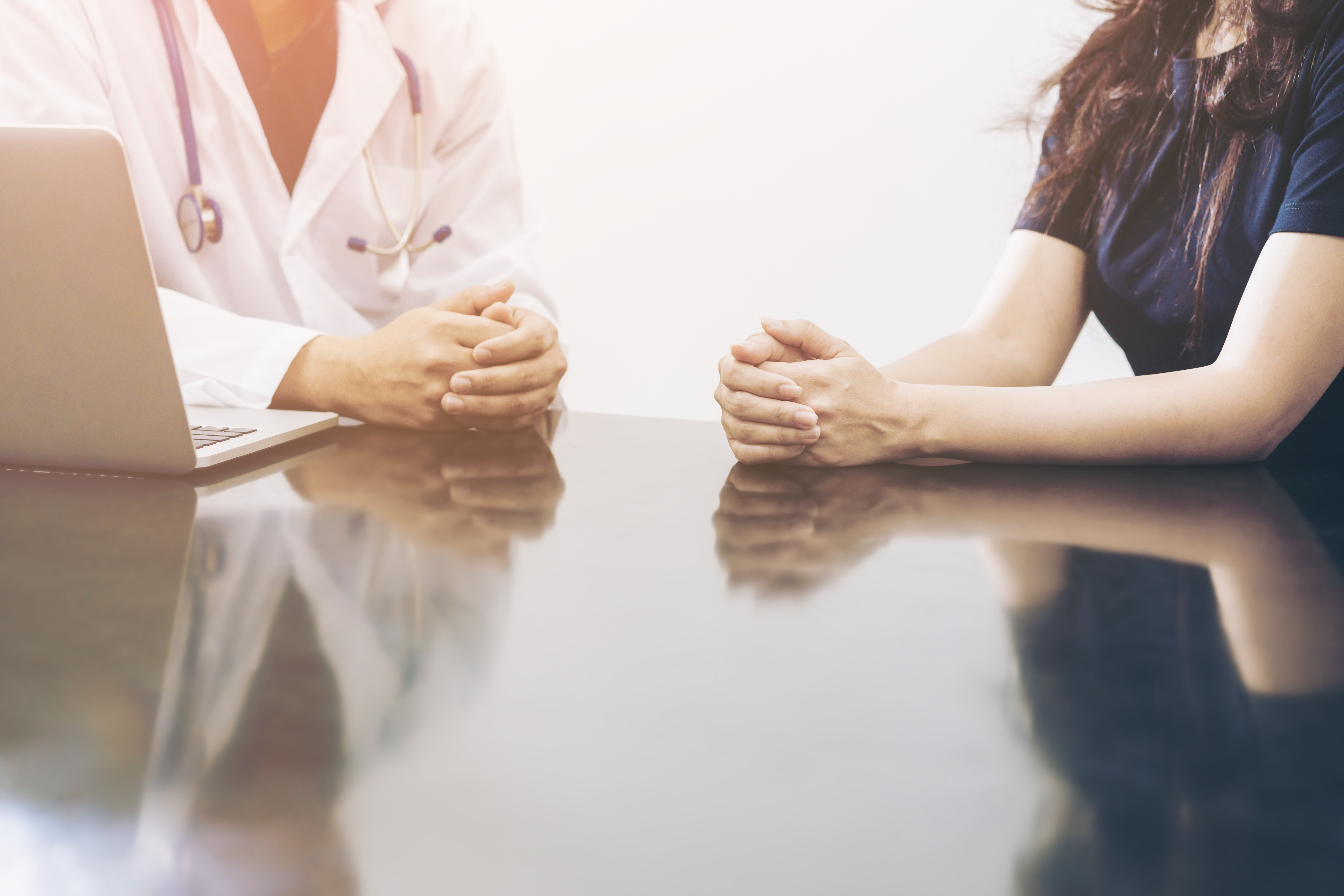There are many important aspects to raising Uterine Fibroid awareness. This includes encouraging women to look more closely at their bodies, learning more about treatment options, and helping them to feel less stressed and isolated. Suffering can be a daunting experience with fibroid symptoms like heavy menstrual bleeding, painful sex, and weight gain. These all add up and increase levels of anxiety and stress in a woman’s life. Finding ways to address and manage this stress are often neglected but can be an imperative part of the healing process.
The Relation Between Fibroids and Stress
Concerns for one’s health as well as dealing with painful fibroid symptoms can easily bring about stress. Not only do the symptoms associated with fibroids cause a physical pain, but also an emotional pain for women and their relationship with others. Day to day pain associated with fibroids and an enlarging uterus may make mobility and socializing a much more difficult and a particularly stressful endeavor. Other fibroid symptoms such as pain during intercourse may cause stress to a relationship, as well as the possibility of infertility for couples looking to start a family. Without managing stress, fibroids can quickly overtake a woman’s life and lead to feelings of isolation.
Techniques to Reduce Stress and Anxiety
Finding the best way to cope with fibroids and stress is unique for every woman. If you’re unsure where to begin, try different type of stress relief techniques at least once to see which ones show the best results. Here are some of the most effective techniques to reducing stress and anxiety:
- Finding Support: Turning to family, friends, counselors, or support groups can provide emotional assistance and de-escalate isolation.
- Relaxation Exercises: Meditation, breathing exercises, and loosening muscle tension are effective and easy ways to bring stress down on a daily basis.
- Making Lifestyle Changes: Exercising and having healthy balanced meals are great for releasing pent up muscles, improving sleep, and metabolizing excessive stress hormones.
- Medication: For those who find it particularly difficult to get through stress even after trying the other techniques, medication prescribed by a physician or psychiatrist can be a beneficial alternative.
Find Fibroid Treatment with Fibroid Embolization
Putting an end to stress and pain associated with fibroids can be as simple as finding the right treatment. Embolization is a procedure that shrinks fibroids and alleviate fibroid symptoms, all without the need for invasive surgery. Learn more about fibroid embolization by contacting the Fibroid Treatment Collective at (866) 479-1523.




